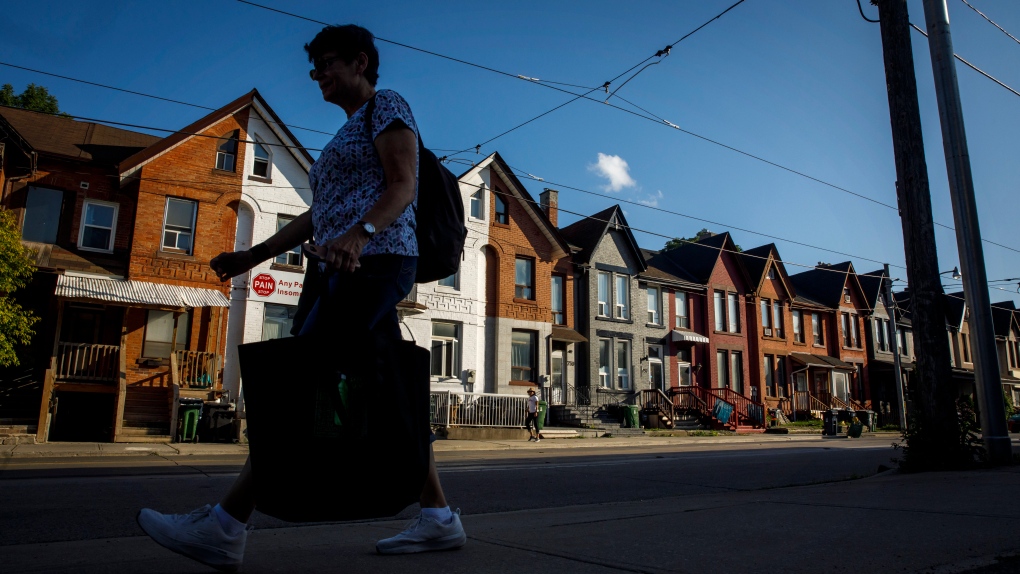FTA: The unaffordable cities:
1- Richmond Hill, ON
2- Oakville, ON
3- Markham, ON
4- Vaughan, ON
5- Richmond, BC
6- Vancouver, BC
7- Toronto, ON
8- Milton, ON
9- Whitby, ON
10- Coquitlam, BC
11- Burlington, ON
12- Brampton, ON
13- Mississauga, ON
14- Burnaby, BC
15- Ajax, ON
16- Surrey, BC
17- Langley, BC
18- Oshawa, ON
19- Saanich, BC
20- Kelowna, BC
21- Abbotsford, BC
22- Guelph, ON
23- Hamilton, ON
24- Waterloo, ON
25- Cambridge, ON
26- Barrie, ON
27- Kitchener, ON
28- Ottawa, ON
29- London, ON
30- St. Catharines, ON
31- Montreal, QC
32- Windsor, ON
33- Kingston, ON
34- Halifax, NS
35- Greater Sudbury, ON
36- Longueuil, QC
And the affordable cities:
1- Edmonton, AB
2- St. John’s, NL
3- Regina, SK
4- Saguenay, QC
5- Trois-Rivières, QC
6- Quebec City, QC
7- Lévis, QC
8- Winnipeg, MB
9- Saskatoon, SK
10- Gatineau, QC
11- Calgary, AB
12- Sherbrook, QC
13- Terrebonne, QC
14- Laval, QC



To further add to what you’ve both said, Land Value Taxes (LVT) is probably where we should be heading. Jack those up really high, and lower or even remove income taxes on workers.
Taxing people based on the amount of land they use is a very efficient (from an economic perspective) way to balance wealth. You want a mansion in a desirable area? Go ahead, but you need to pay everyone else for taking up that much space. You want to avoid those taxes by using less space in a less desirable location and investing all your wealth in companies instead? Sounds like a win-win to me.